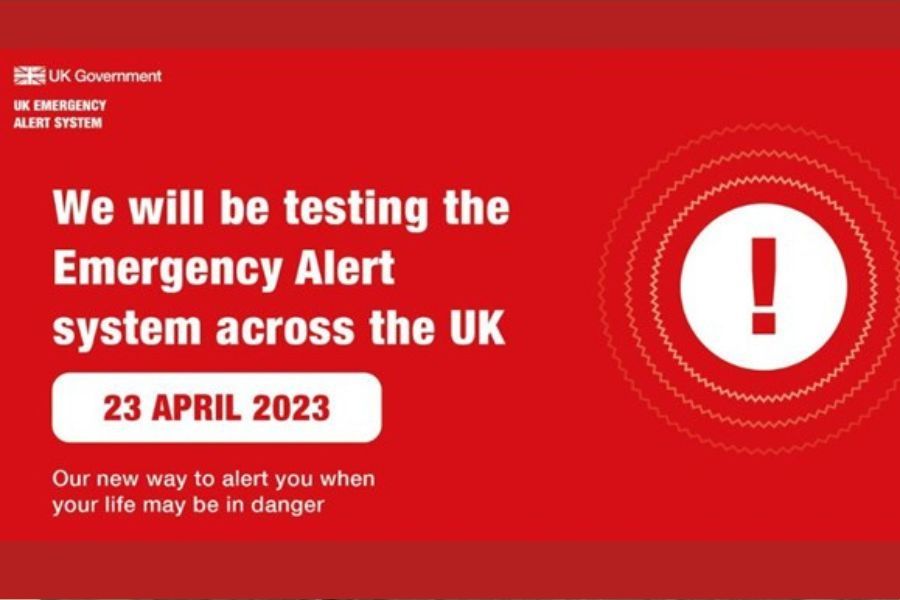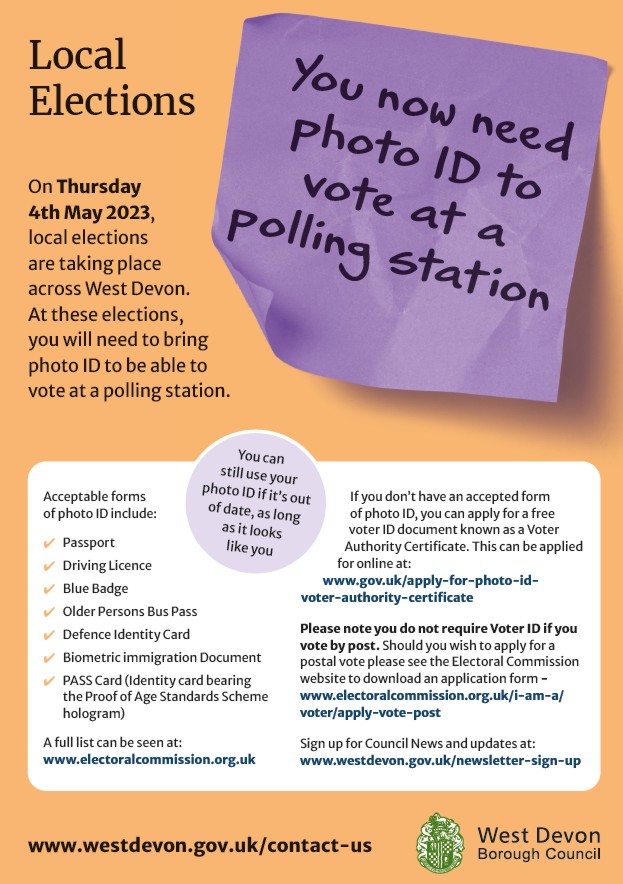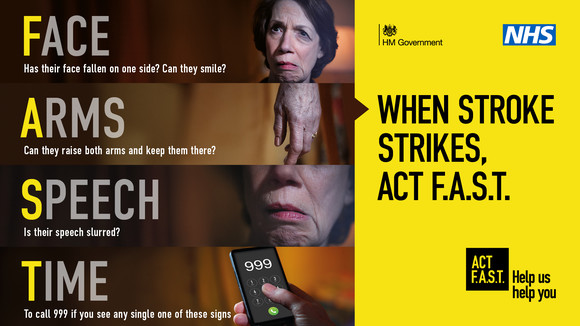Be tick aware this summer
With many of us making the most of the warm weather and spending longer outside, it’s important to be aware of ticks as they increase at this time of year. Ticks are small, spider-like creatures that feed on the blood of animals and people. They can vary in size, from as small as a tiny freckle to a similar size to a baked bean!
They live in many different outdoor environments, but they are particularly common in grassy and wooded areas where they wait on vegetation for an animal or person to pass by, and then climb on, bite and attach to the skin and feed on blood for several days before dropping off.
You can try and prevent being bitten by ticks by keeping to clearly defined paths, using insect repellent (make sure that it says it repels ticks) and wearing light colour clothing, so ticks are easier to spot on you. After spending time outside, check yourself, your clothing, your pets and others for ticks. Remove any attached tick as soon as you find it using a tick-removal tool or fine-tipped tweezers.
And if you do get bitten, look out for early signs of Lyme Disease, which include mild-flu like symptoms (such as a fever, headache and fatigue) and a bulls-eye rash. If you feel unwell after being bitten by a tick, even when you don’t have a rash, contact your GP or NHS 111 and remember to tell them you were bitten by a tick or have recently spent time outdoors.
There’s lots of useful information in this leaflet from the Government’s UK Health Security Agency.
Sunscreen and sun safety
After a long winter, it can be tempting to get outside and make the most of the sunshine when it does finally appear, but it’s important to strike a balance between getting enough vitamin D from sunlight and protecting yourself from the sun’s harmful rays.
Spend time in the shade when the sun is strongest, which here in England is between 11am and 3pm from March to October. And if you are out in the sun, cover up with suitable clothing, a wide-brimmed hat and sunglasses, and regularly apply sunscreen with a sun protection factor (SPF) of at least 30 to protect against UVB and at least 4-star UVA protection. Make sure you never burn, as this can increase your risk of skin cancer. Remember, sunburn doesn’t just happen on holiday, you can burn in the UK, even when it’s cloudy.
We sweat more in hot weather, so it’s really important to drink plenty of water to replace what our bodies have lost. Dehydration means your body loses more fluids than you take in, and if it’s not treated, it can get worse and become a serious problem, so make sure you know how to spot the signs and reduce the risk.
Heatwaves, heatstroke and heat exhaustion
A heatwave is when the daily maximum temperature meets or exceeds the threshold for the area. In Devon, the heatwave temperature threshold is 25ºC.
When it’s too hot, there are risks to our health, particularly the elderly or people with underlying conditions, and during heatwaves, more people than usual get seriously ill or die.
So if very hot weather hits this summer, make sure it does not harm you or anyone you know. If you or someone else feels unwell with a high temperature, headache, loss of appetite, dizziness or shortness of breath during hot weather, you should consider the possibility of heat-related illnesses such as heat exhaustion or heatstroke.
If someone is showing signs of heat exhaustion:
- move them to a cool place
- get them to lie down and raise their feet slightly
- get them to drink plenty of water
- cool their skin – spray or sponge them with cool water and fan them
Heat exhaustion doesn’t usually need emergency medical help if you can cool the person down within 30 minutes. However, if they’re still unwell after half an hour, and have a very high temperature, fast heartbeat, shortness of breath and are confused or lack coordination, call 999.



